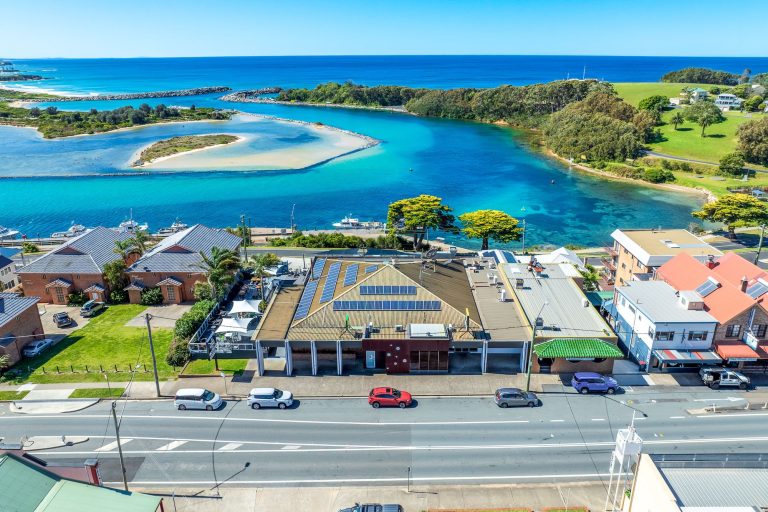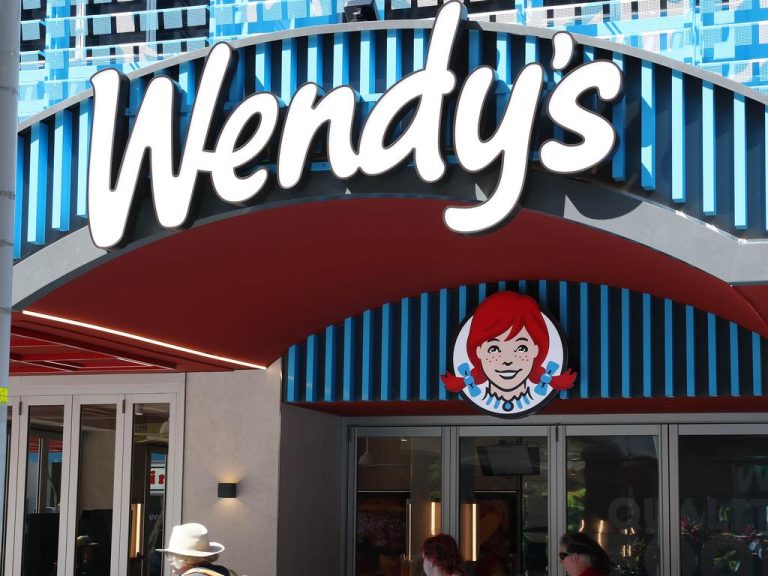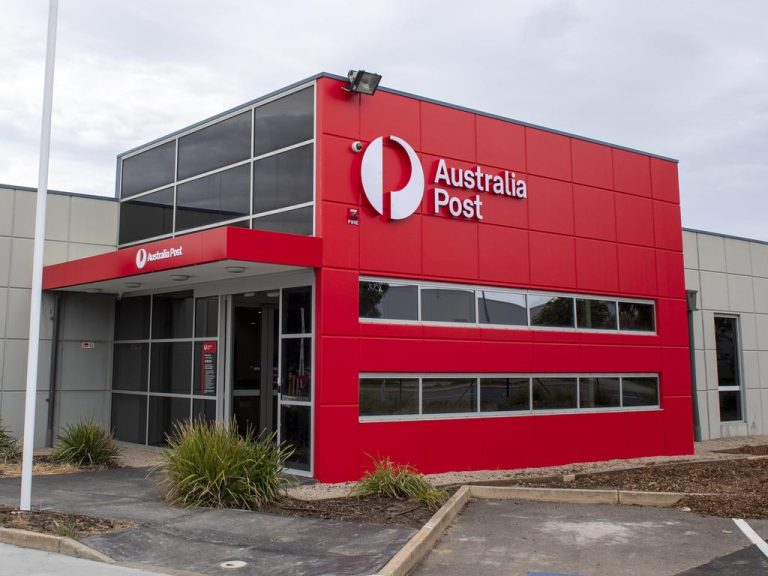$36m blow to super fund-backed ISPT could hit Aussie retirements
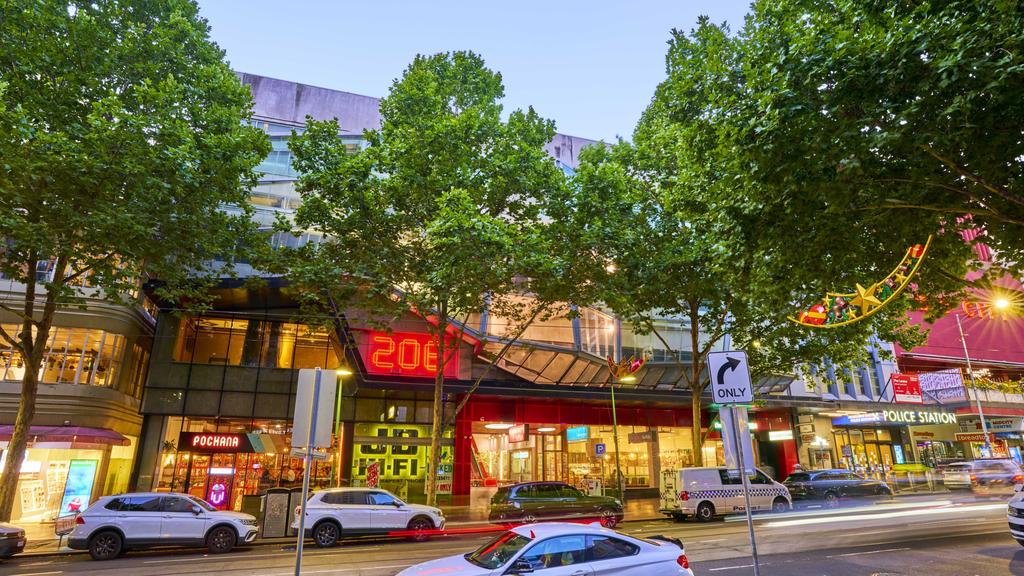
206 Bourke St, Melbourne, has been sold for $80.1m — but the big sum comes with a hefty loss that could impact Aussie super funds.
Victoria’s nation-topping property taxes and Melbourne’s struggle to get office workers back to the CBD have taken a $36m bite out of Australians’ retirement plans.
Property funds management firm ISPT, who invest in properties nationwide on behalf of a swath of super funds that covers about 50 per cent of all Australian workers, have sold a 206 Bourke St property in an $80.1m deal that is one of the biggest CBD transactions this year.
But it’s far less than the $116.28m they paid for the property in the heart of Chinatown in 2015, according to CoreLogic records.
RELATED: Dan Andrews’ ‘ghost’ home legacy revealed as apartment towers stall
Super fund manager to exit Brisbane tower
Holes of Melbourne: Mayor prepares to fight ‘zombie’ sites around the city
The six-storey complex currently hosts Michelin-starred dumpling restaurant Tim Ho Wan, JB Hi-Fi, Holmesglen Institute, and Victoria Police.
The property sold to a Melbourne-based investor with historic links to China, and half of the other groups that contested the sale were backed by Asia-based capital.
Independent commercial property specialist Mark Wizel said the sale was outstanding in the current climate, but noted that additional taxes on foreign investors would have wiped millions from what they would have bid for the site.
The founder of Mark Wizel Property Group estimated that if not for the additional costs for internationals, the property would have sold for more than $95m — with such bidders likely to have factored in a $1.5m hit to annual revenues for the property to cover those taxes.
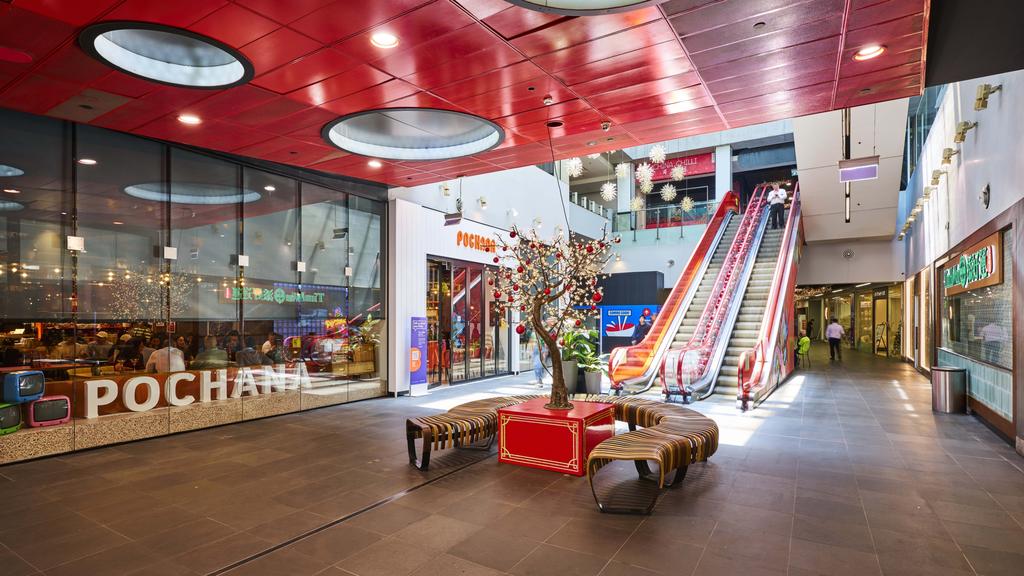
Inside the complex, which was redeveloped a number of years ago as an attraction point for tourists and international students.
“And there is little doubt that the Melbourne CBD has undergone major repricing post Covid, due to the nature of our lockdowns, an ongoing work from home trend and the CBD going through a big transition from the traditional Monday to Friday, nine to five, hub, to a more vibrant destination Thursday to Sunday evenings,” Mr Wizel said.
“But the Melbourne CBD is now opening itself up from a commercial property pricing point of view to being at an extremely smart counter-cyclical time in the market for buyers to secure core assets in core locations at heavily discounted prices.”
Historically, the property was home to Melbourne’s old Village Cinemas centre, and prior to ISPT, Singaporean real estate group Hiap Hoe paid $105m for it in 2013.
JLL’s Stuart Taylor, Josh Rutman and MingXuan Li, as well as Cushman and Wakefield agents Oliver Hay, Leon Ma, and Daniel Wolman handled the most recent sale, which was touted as an indication of the depth of international and particularly Asia-based demand for Melbourne properties.
About half of the offers made for the property with a 3157sq m landholding and 11,845sq m of floorspace, were backed by Asian capital, with Mr Ma indicating that the buyer while based in Melbourne today, had relocated from China a number of years ago.
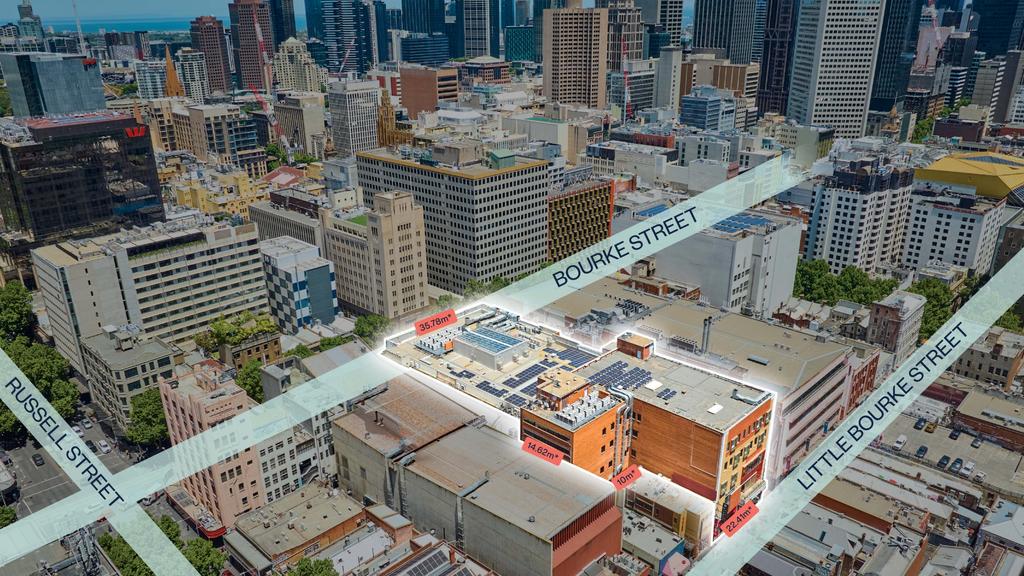
The property is set between prominent Bourke St and Chinatown along Little Bourke St.
The agent added that of the $700m in commercial property the team have sold since January, 50 per cent of sales had been linked to Asia-based capital”.
“But land tax will definitely play a critical role in this space, because it has gone up quite significantly — and that’s not helping to get investors back,” Mr Ma said.
“So the government does need to do something.”
Mr Hay said there were other positive signs for the CBD, including its relative affordability.
“If you look at foot traffic, that is up beyond where the numbers were pre Covid, and assets like this are starting to rebound reasonably strongly,” he said.
“And the population fundamentals are very strong.”
The completion of the nearby Town Hall train station is also likely to have an impact on boosting foot traffic further.
JLL’s Josh Rutman said while not commenting directly on the 206 Bourke St sale, said the CBD had suffered as a result of uncertainty around government taxation and policies in the property sector — but also as a result of poor clarity on bringing government workers back into the office instead of working from home.
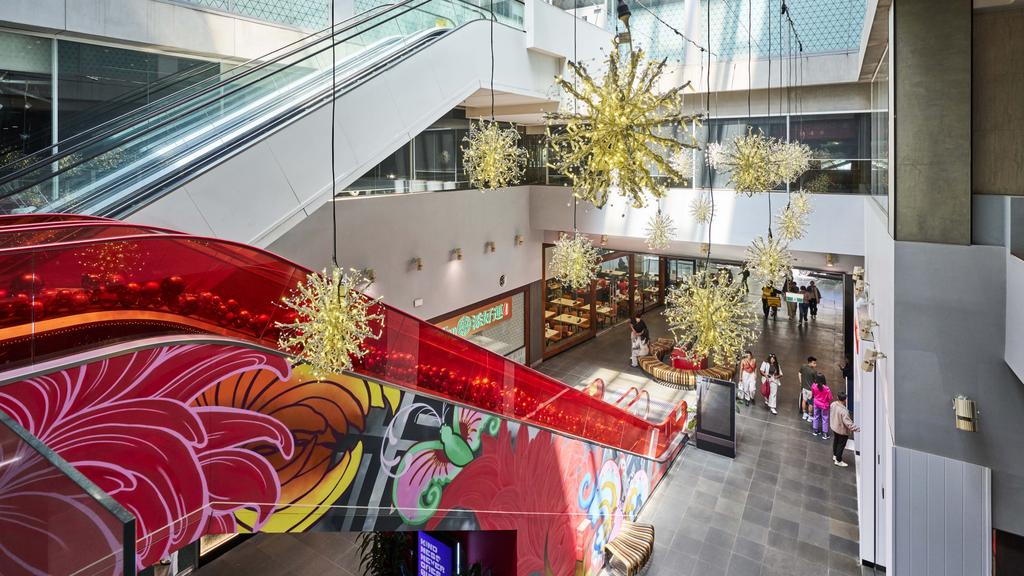
The six story complex was purchased by a Melbourne-based investor.
“But it has been heartening to see investors starting to bid on well located properties that present a great deal of potential, and on a historical basis, they are buying in at a very attractive time,” Mr Rutman said.
The debate about whether people should continue working from home since the end of the covid pandemic has raged in Australia for several years, with young Aussies clinging to the home set-up being labelled ‘selfish’.
Commercial Property Group’s Nicole Duncan said in 2023 younger generations were “just selfish” for wanting flexible working options.
“In our younger days we caught trains, buses, ferries to get to work. Yes, it did take two or three hours, but you’ve got to be in the office because you don’t know what you don’t know,” news.com.au reported.
“And, until these CEOs make a decision and get bolshie about this, it’s not going to change but the unemployment rate is still too low.”
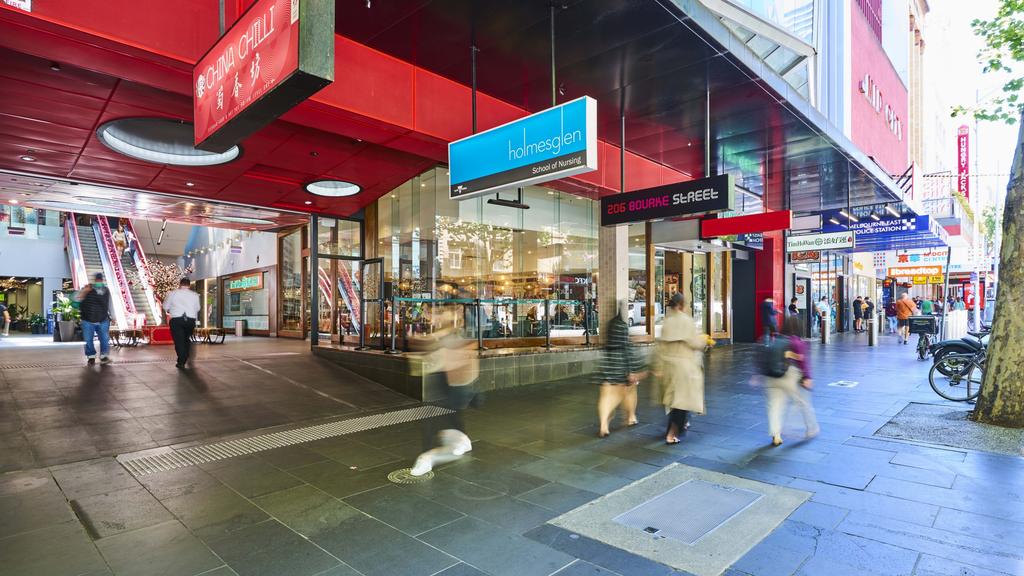
Major tenants include Victoria Police, Holmesglen and Michelin-starred dumpling restaurant Tom Ho Wan.
Property Council of Australia Victorian executive director Cath Evans said it was good to see Melbourne’s CBD attracting investment, a sign of confidence in its long-term future.
“At the same time, further investment can and should be unlocked through innovative planning solutions and much needed tax relief that levels up Melbourne with other major cities in Australia and throughout the Asia-Pacific region,” Ms Evans said.
ISPT remains one of Victoria’s bigger property owners, with stakes in a further 10 CBD sites, including the Midtown arcade, The Strand arcade and Melbourne’s GPO in the vicinity of their recent sale.
Their website indicates they own about 44 properties around the state, and have a total of 139 properties and $20.5bn under management.
The property at 206 Bourke St was understood to be a part of its $16.6bn Core Fund, which aims to help super industry groups maintain growth in the long term.
Money made in the sale is likely to be put back into the fund in a bid to deliver future gains.
The government is also facing calls to alter taxation on international investors to help boost housing supply, with groups including the Housing Industry Association noting additional costs were a major deterrent to bringing in more funding to build homes across Melbourne — especially apartments in the CBD.
Sign up to the Herald Sun Weekly Real Estate Update. Click here to get the latest Victorian property market news delivered direct to your inbox.
MORE: National Housing Accord 60,000 new homes short in first year

